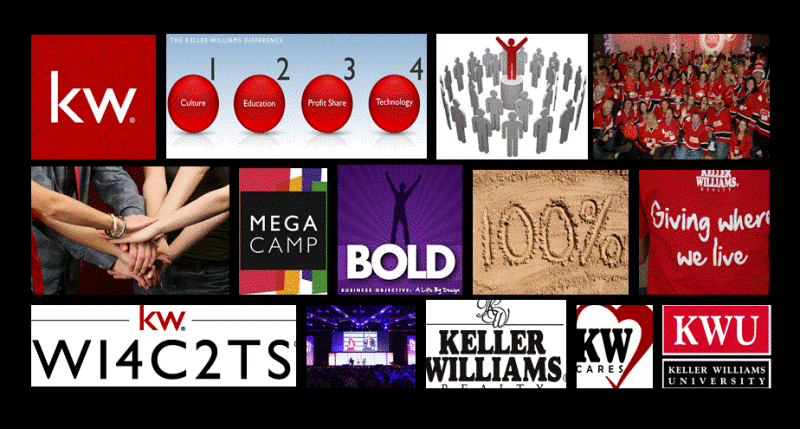So, how’s that income tax "make over" going?
A few short weeks ago, you were among the millions moaning "If only I’d…" and agonizing about how much they owed in income tax. Were you also caught up in the last-minute-filing scramble?
Tax time hits us in the face with financial reality.
For too many of us, tax time represents the only time each year we take a close look at our finances. Unfortunately, this is usually on the fly when there’s no time for fixes and forecasts; however,savvy Americans decide it is time to do things differently . They make achievable resolutions to improve their financial health. It’s what happens after the filing deadline that really matters.What have you learned from filing your tax return? Did Uncle Sam get your money while you ended up with debts and dissatisfaction? Do you want to repeat this outcome in April 2014, or take a financial step forward? It’s your choice.The secret to keeping more of what you earn is not a secret. In fact, those who paved the road to financial literacy and financial security have left deep ruts for others to follow. Yes, it can be a bumpy ride, because you are letting go of some expensive bad habits, but the experience can be empowering. Financial improvement takes longer to achieve than one weekend since you are replacing ingrained ineffective habits and biases with a new way of thinking and acting when it comes to money, but results are evident very quickly.Starting points abound, and they all begin with you.The first step does not involve heading to the net via a popular search engine, because the first step is you observing you. You watching what triggers your spending, and alternatively what makes you think twice before you pull out credit cards or click on "BUY NOW" buttons. Record every dollar you spend for at least a week, and you’ll begin to see patterns. Do this for longer, and you’ll reveal relatively easy opportunities to save money and not spend it. Once you know where your weakness lies, assess your advantages. Start simple. Act on what you learn.
- Perhaps you’ve read a financial book or two, or know someone who has.
- Your workplace may offer financial education programs.
- Friends and family have had good and bad experiences to save you repeating mistakes. They can also refer you to professionals who have proven their value.
- Realtytimes.com hosts a wide range of articles, including those in this column Decisions & Communities, that can start you thinking differently about real estate buying, financing, and investing.
- What’s your point in working to earn money?If you have no goals beyond the next paycheck, money will slip through your fingers. We support goals that involve property ownership and investing in real estate. What matters to you? It’s easier to work toward something you really want. Divide a big goal like owning your home or paying off your mortgage into manageable projects. Make them small enough that you are aware you’re making progress. Be realistic. Start with a goal you can achieve this week. Then a bigger one for the month of May and on you’ll go. Doing something has a huge advantage over doing nothing, or wishing you had in hindsight.
- Talk to those who know more than you doFrom the day after tax deadline, most accountants and financial advisors have time to talk to prospective clients like you. Discover where tax savings lie and how you can start on the path to financial security. Come to the conversation prepared to clearly and specifically explain your situation. Details matter. If you’re vague or unprepared, how can the professional provide specific, relevant information to get you started?
- Get organizedWhat do you know about your financial strengths and weaknesses?
 Exactly how much cash do you have in your wallet right now?
Exactly how much cash do you have in your wallet right now?  What is the current balance of your principal debit account?
What is the current balance of your principal debit account?  Exactly what is the outstanding balance of your two highest-interest debts?
Exactly what is the outstanding balance of your two highest-interest debts?  Exactly how much income have you earned this month?
Exactly how much income have you earned this month?  How much have you saved so far?
How much have you saved so far?
Published: April 30, 2013
